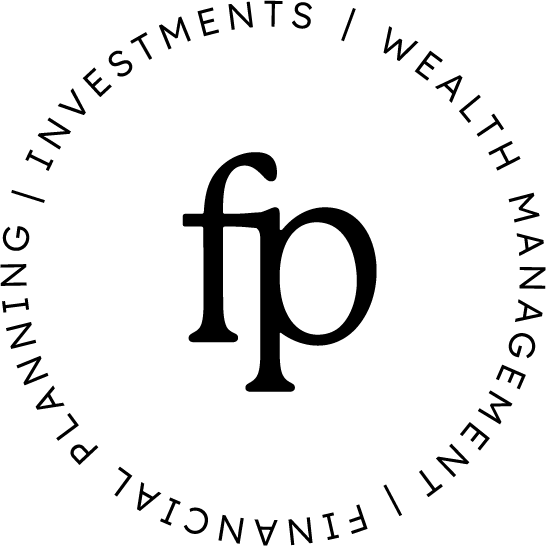In honor of Mother’s Day, we are focusing today’s Thrive For[e]ward episode on how wealth and motherhood intersect. There are so many factors we face and decisions we need to make as mother’s. As mother’s, we tend to put ourselves last. I’m here to say it is important to fill your cup first before you can give to others, especially as it portrays to your children and your family. As a mom, you have the right to make your own decisions. What is it we as mother’s truly want to achieve for ourselves and for our family?
Today we are focusing on three areas … childcare, budgeting, and not getting caught up in comparing what others are doing as you make your decisions.
One of the main pieces that set women apart from our male counterparts or partners, is often that of childcare. Making the decision of how childcare will be provided once we become mothers is personal. What are some of the things that you should be thinking of as you make the decision? You need to be grounded in what it is that you want to do, but also need to understand that if you do decide to stay at home, maybe that’s a complete lifestyle change for you and your family. You might be saving money in the short term on daycare, but what is it that you are sacrificing in the long term?
Economists say that the stay-at-home parent who gives up a career may lose about $1 million over the years. While I didn’t lose $1 million, I have lost 5 years of wages, 401(k) contributions (and growth), and that many years of employer contributed social security benefits. (Source: Moneyning)
Now, in reading that statistic don’t feel discouraged. Remember, staying home to raise your children is personal and could be one of the most rewarding and best decisions you make. Which is why budgeting is key. Planning for the what if situations and also not forgetting to plan for the things that are important to YOU.
Check out this tool to calculate impact of staying home vs working.
And, if you are a working mom, take that into account. Maybe you’re traveling a lot for work or running a team, don’t be afraid to understand as a part of your compensation packages, negotiating raises to account for someone to help clean around the house, someone to help with grocery shopping or meal prep, assist with kids activities and commitments. We need to start thinking about these things when we come into negotiations – its more than your salary and compensation. In addition, budgeting and savings are key to understanding your cash flow and is even more important, so be empowered around those pieces. Don’t ignore what comes in and what goes out these are key pieces in your financial journey.
As we conclude today, here are three action items to consider and be sure to check out the resources below!
Financial stability
Create a level of financial stability by having a healthy relationship with your money
Create family decisions and involve your kids in conversations
Education & Communication
Find resources to educate you and your family
Tip: Check out The Four Money Bears
Mindset
Remember what you learned about money & wealth is what your children will learn from you, if you haven’t rewritten your narrative. Think about your story and how it will impact going forward.
Resources:
If you are interested in learning more about Forethought Planning and how we can help you on your journey, please schedule an appointment to our complimentary 30 min Wealth Assessment session to learn more about how we incorporate these strategies and others to assist you through the financial planning process.
Investments in real estate may be subject to a higher degree of market risk because of concentration in a specific industry, sector or geographical sector. Other risks can include, but are not limited to, declines in the value of real estate, potential illiquidity, risks related to general and economic conditions, stage of development, and defaults by borrower.
Securities offered through LPL Financial, a member of FINRA/SIPC. Advisory services offered through Advisors’ Pride, a SEC registered investment advisor. LPL Financial, Advisors’ Pride, Forethought Planning and the guests of Thrive For[e]ward podcast are separate and unaffiliated parties. Any of the parties listed above are not affiliated with Forethought Planning, Advisor’s Pride, or LPL Financial. The views expressed here are those of the participants, and not those of Forethought Planning, Advisor’s Pride, or LPL financial. The opinions voiced in this material are for general information only and are not intended to provide specific advice or recommendations for any individual. LPL Financial and Forethought Planning do not offer legal services. Socially Responsible Investing (SRI) / Environmental Social Governance (ESG) investing has certain risks based on the fact that the criteria excludes securities of certain issuers for non-financial reasons and, therefore, investors may forgo some market opportunities and the universe of investments available will be smaller.





